Silence as a Narrator: The Case of the Georgian History Textbooks
Guranda Bursulaia, PhD Candidate at Free University in Tbilisi (Georgia) and Swedish Institute visiting researcher at Caucasus Studies, Malmö University, will give the presentation: “Silence as a Narrator: The Case of the Georgian History Textbooks” at the Caucasus Studies web & campus seminar on May 7.
Where: Glocal Classroom C0502 (http://bit.ly/2UKX1fg),
5th floor, Niagara Building. Please, write to caucasus.studies@mau.se
in case you are interested in following the seminar online.
When: 15.15–17.00, May 7.
The seminar is about the construction of collective memory about the 1992-1993 war in Abkhazia in the Georgian school history textbooks. Guranda will discuss the transformation of the textbooks throughout the last 25 years marked with major political and social changes in the country. Besides, silencing, as an instrument of major narrative formation, and masterminds behind it will be analyzed using the example of the Georgian textbooks.



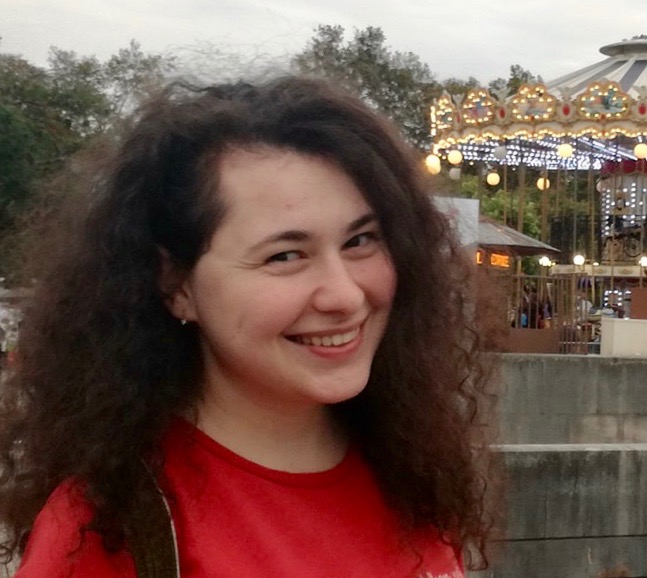

 Dr. Mikhail Suslov: Fantasy and Politics in Contemporary Russian Science Fiction
Dr. Mikhail Suslov: Fantasy and Politics in Contemporary Russian Science Fiction

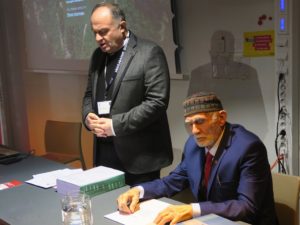
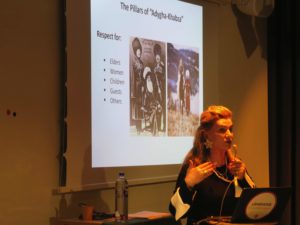
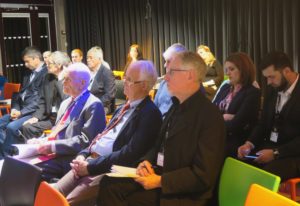
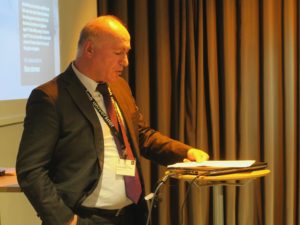
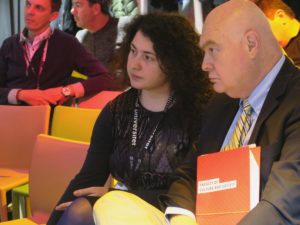
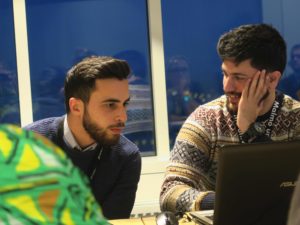
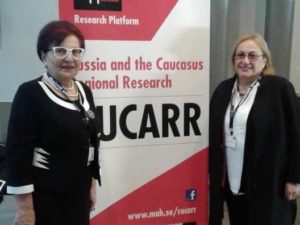
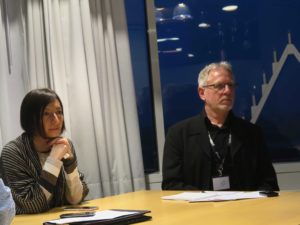
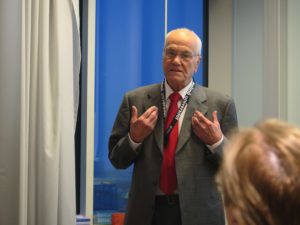
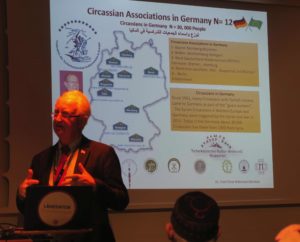
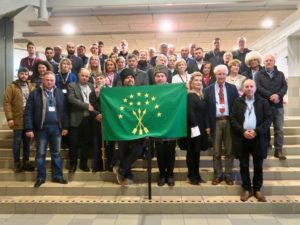
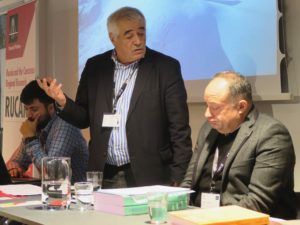
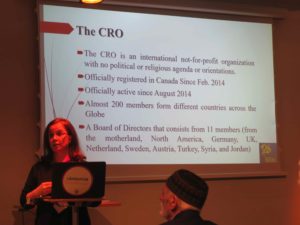
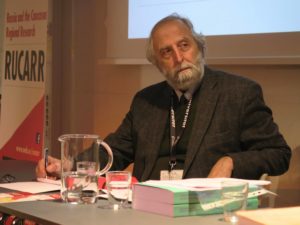
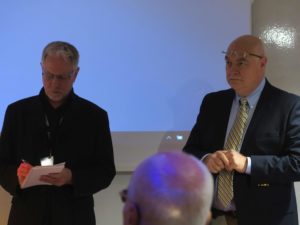
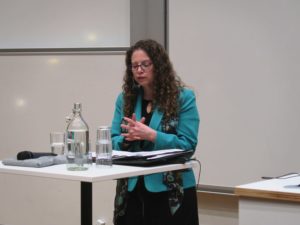
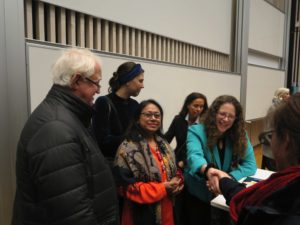
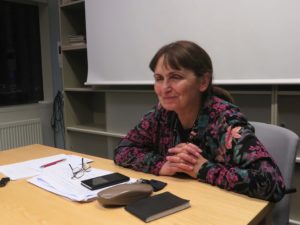
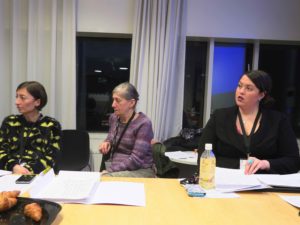
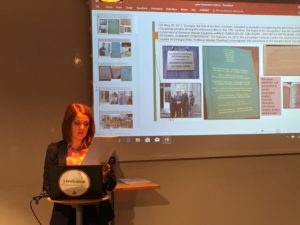
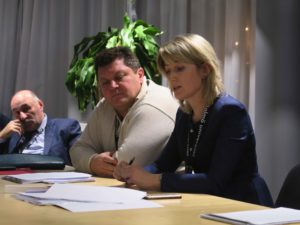
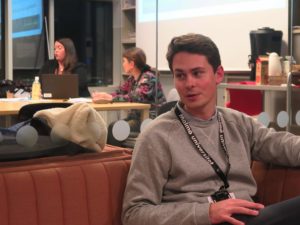
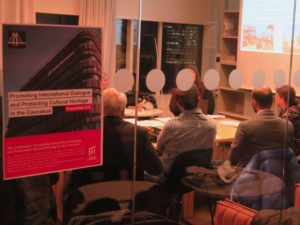
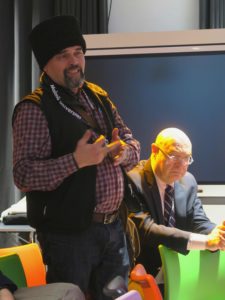
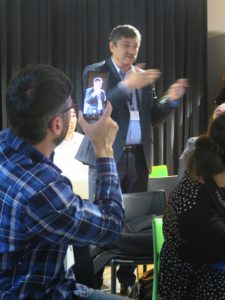
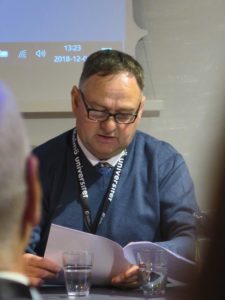
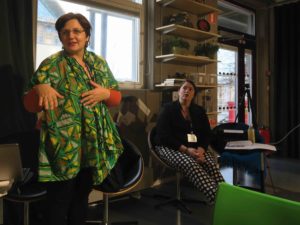
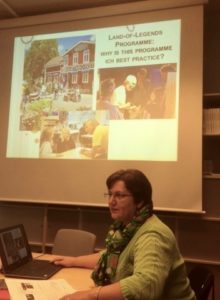
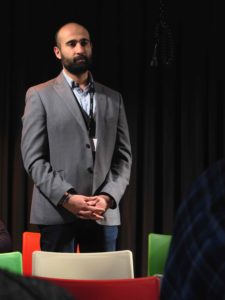
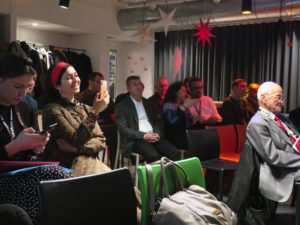
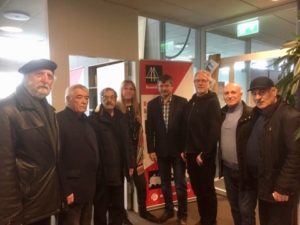
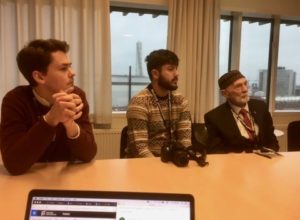

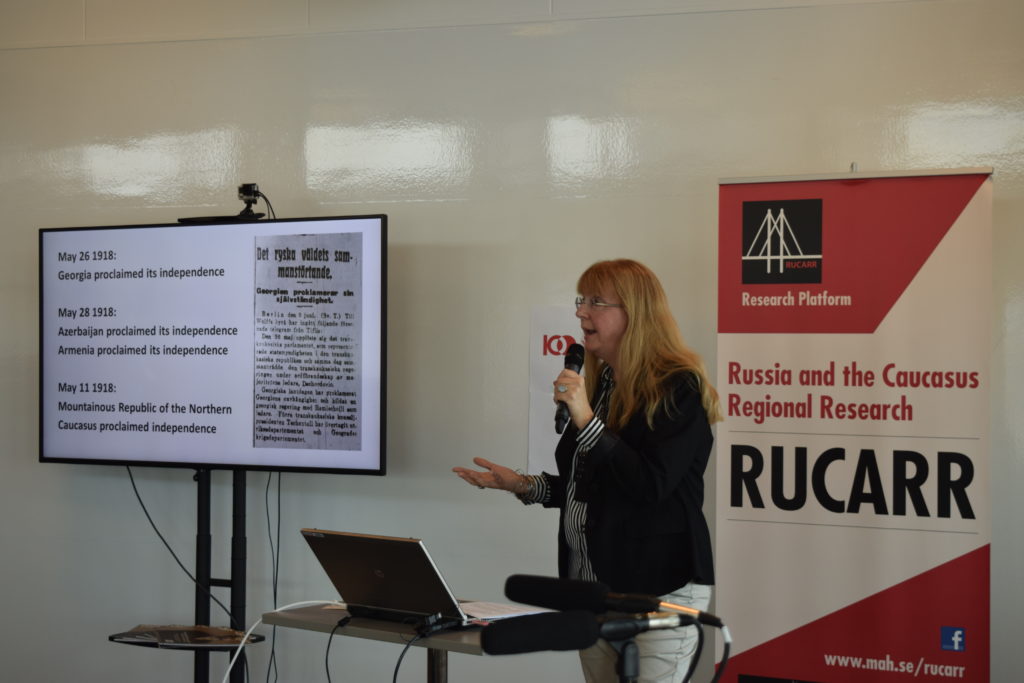
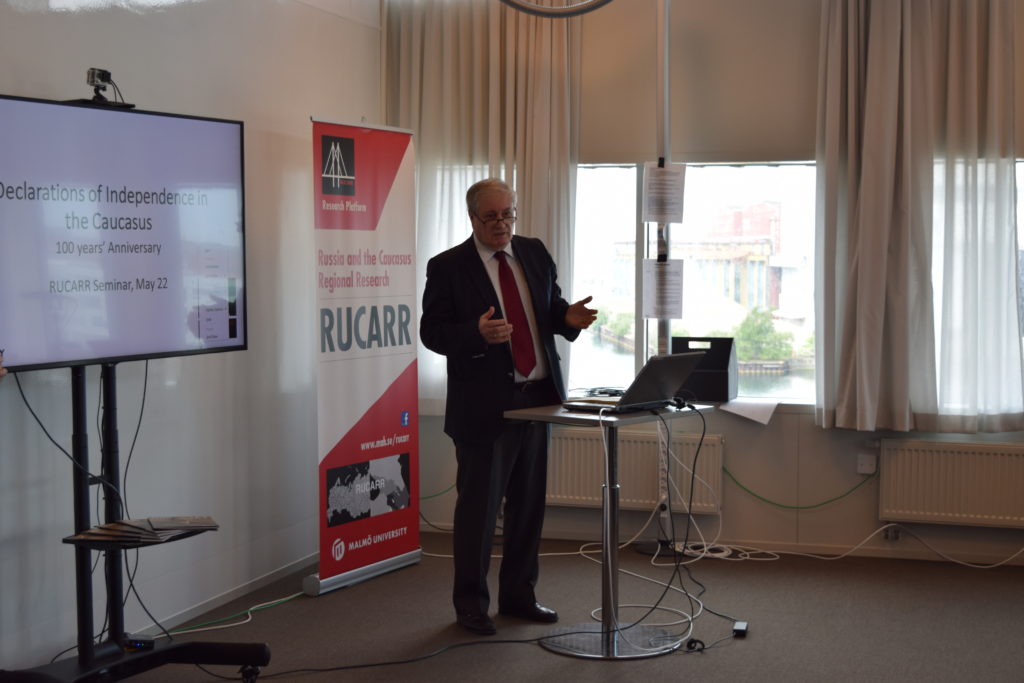
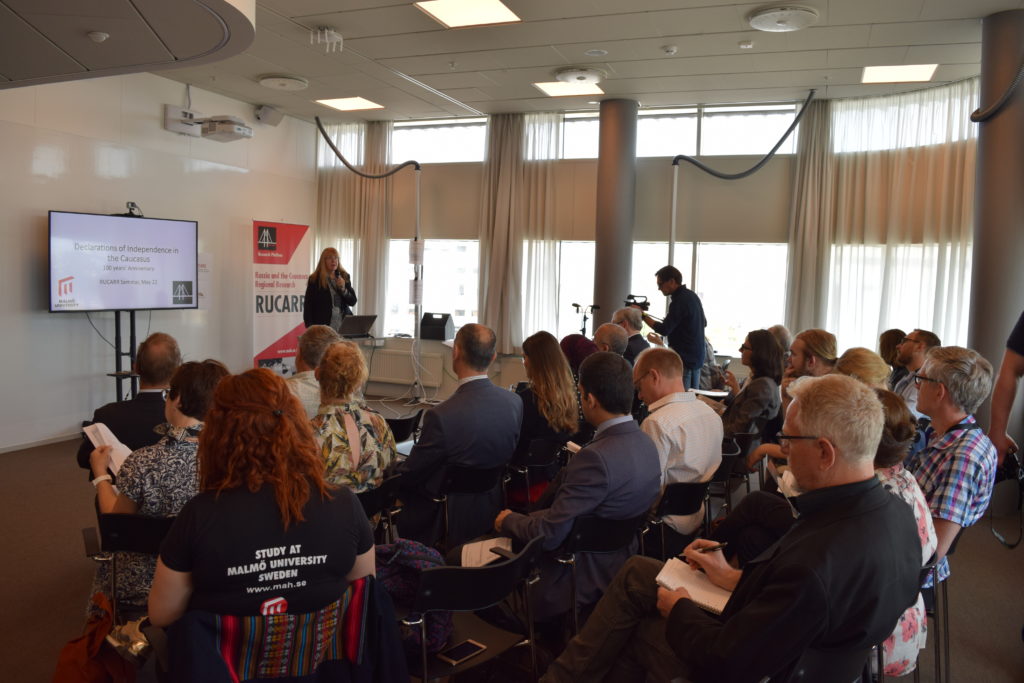
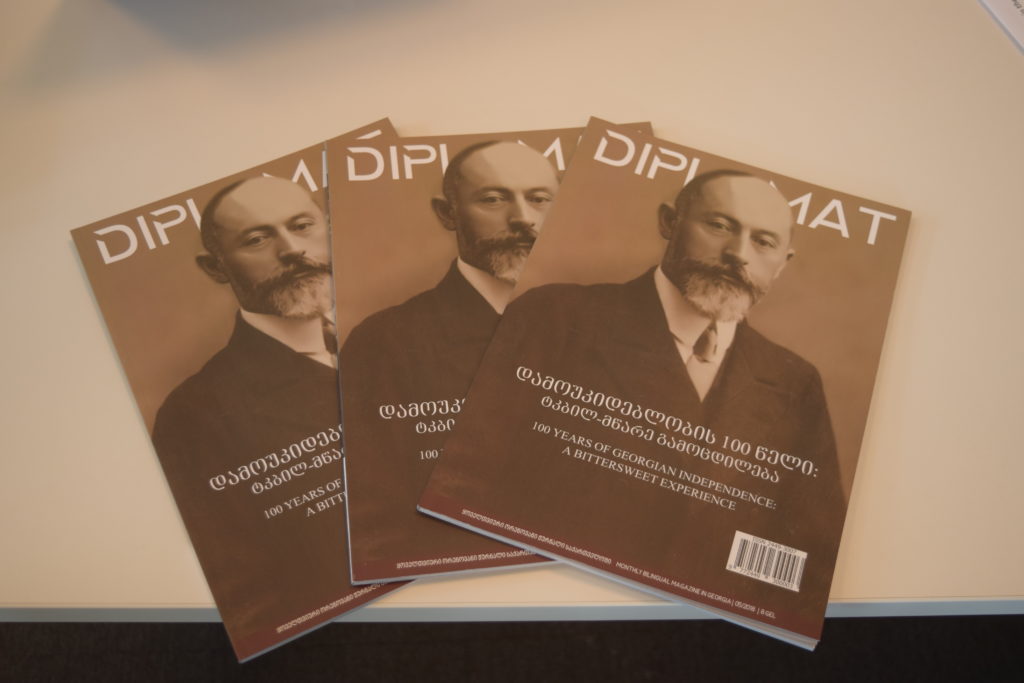
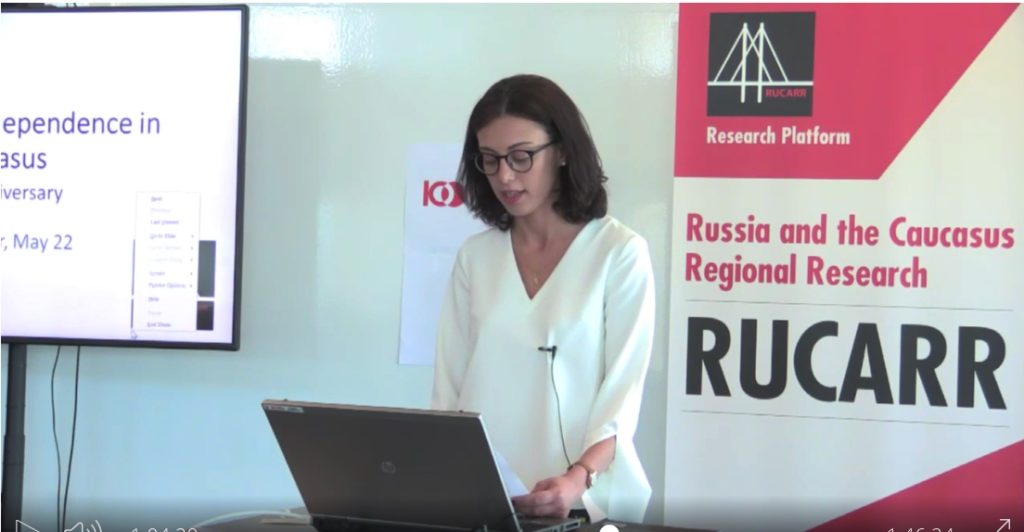
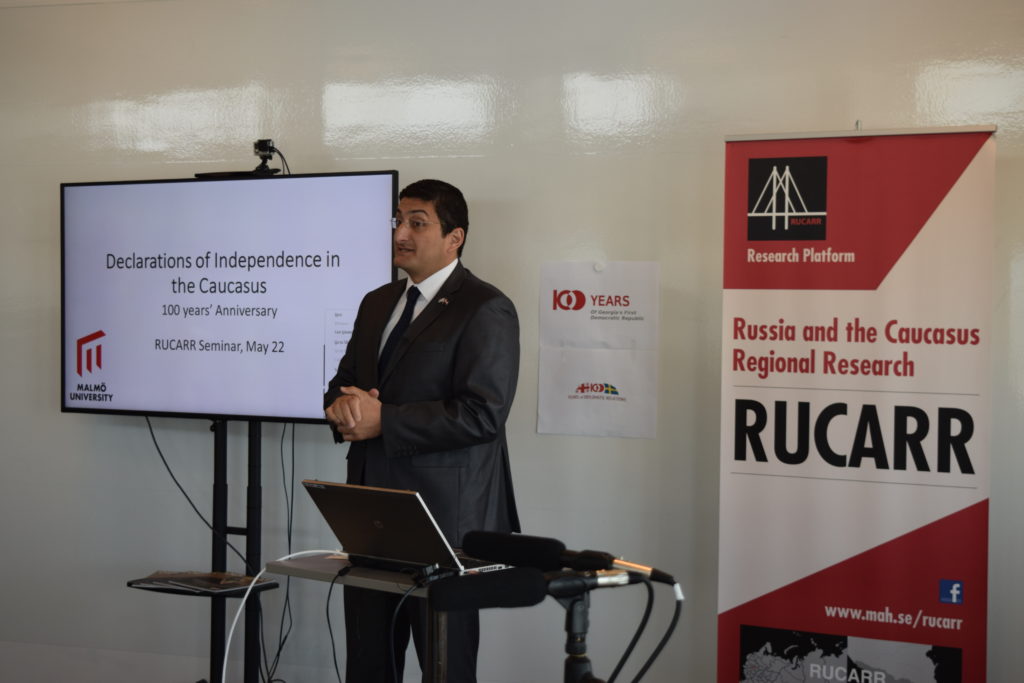
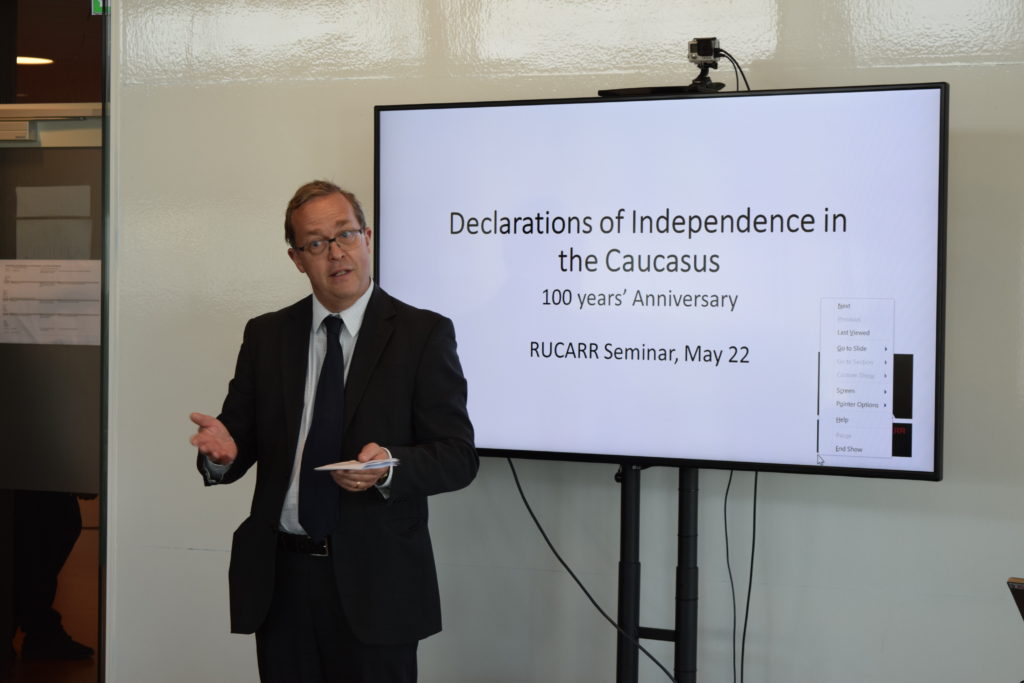
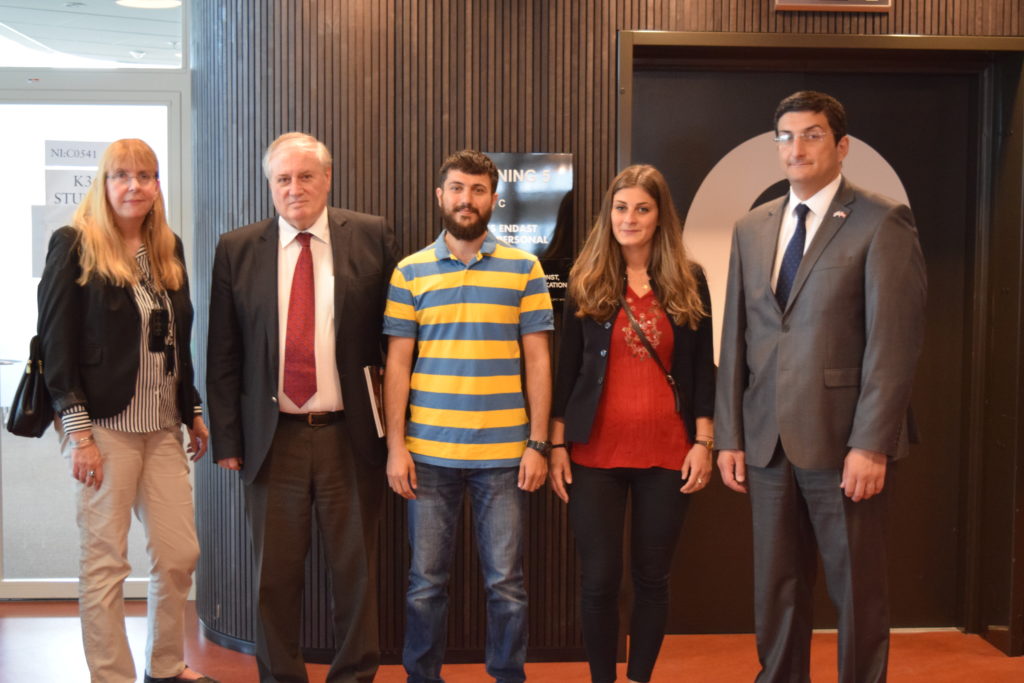
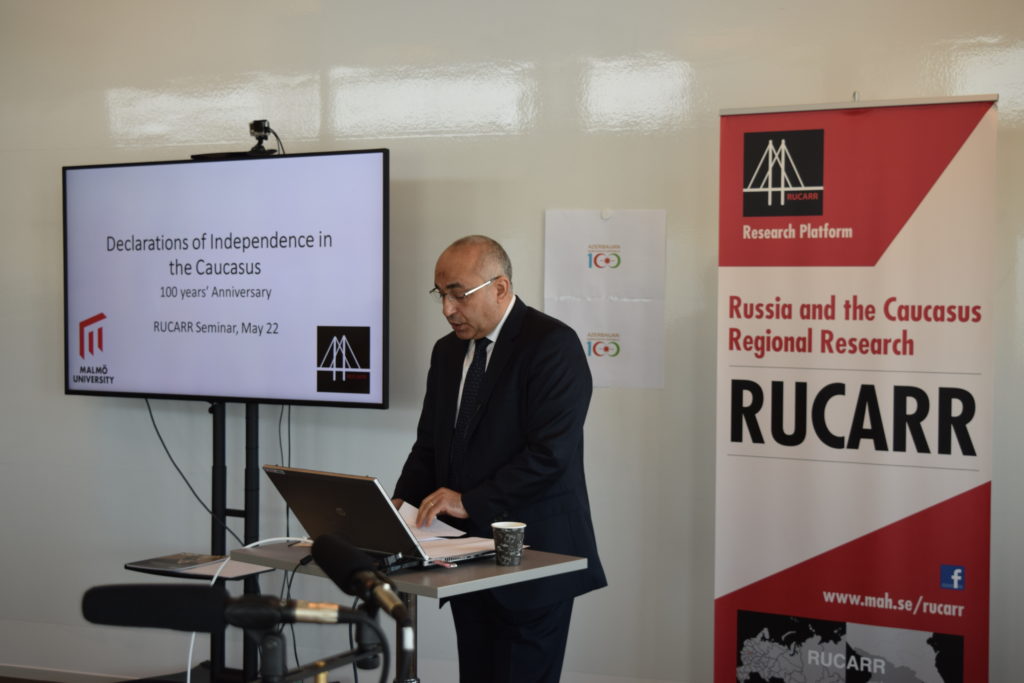
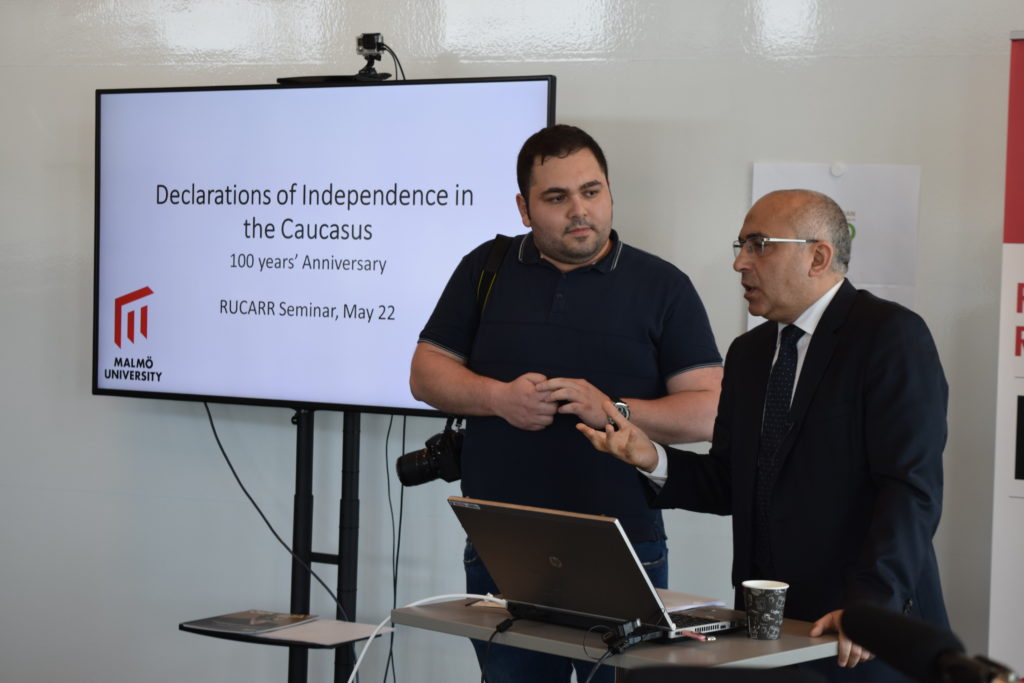
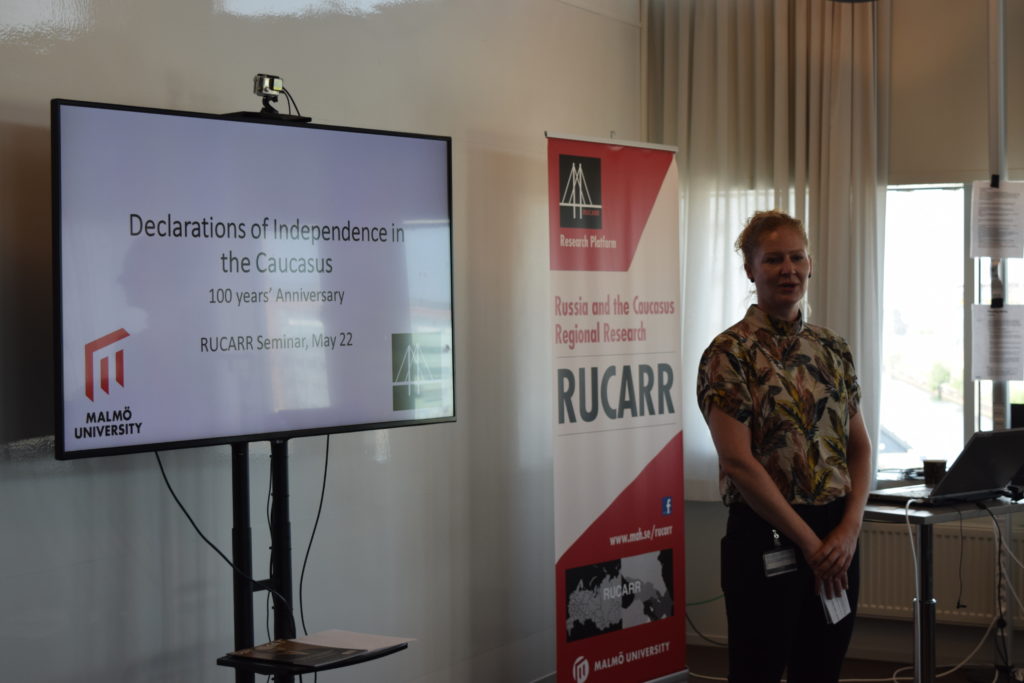
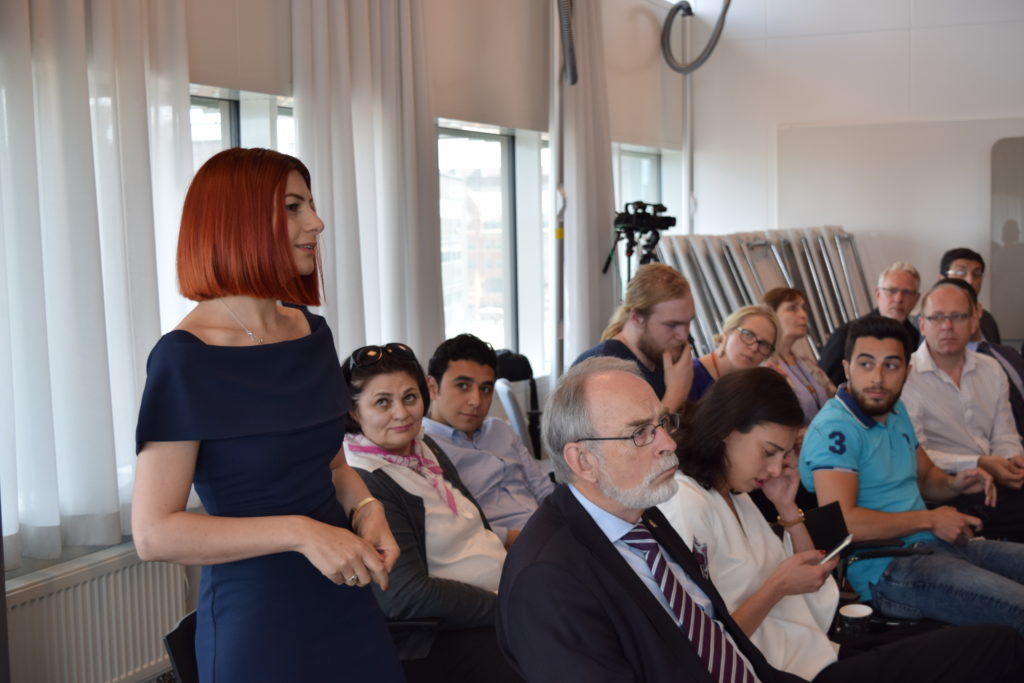
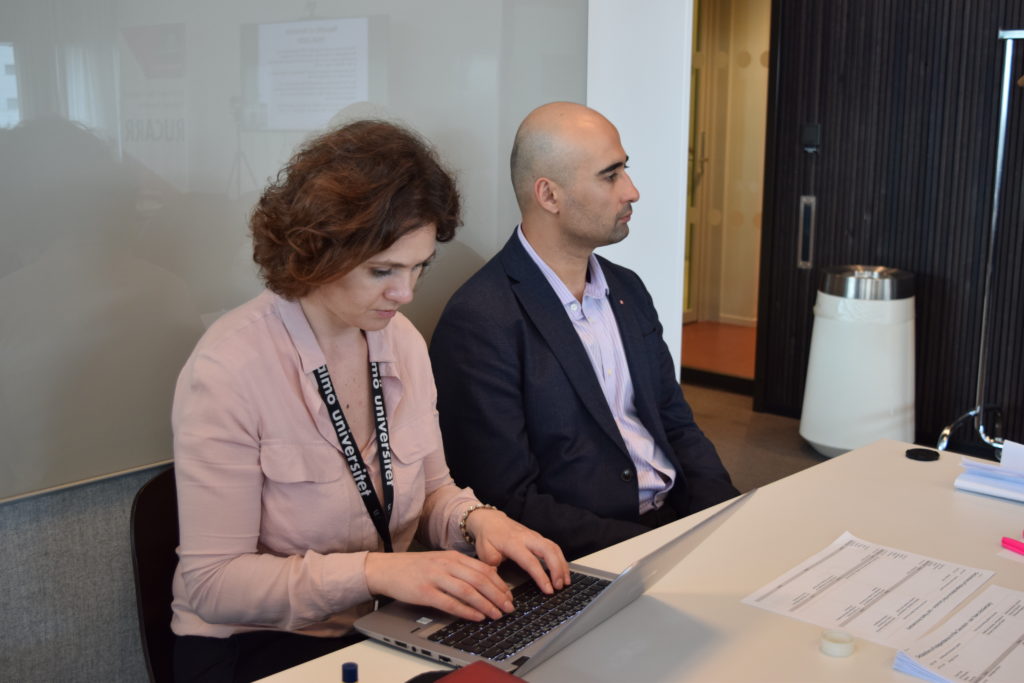
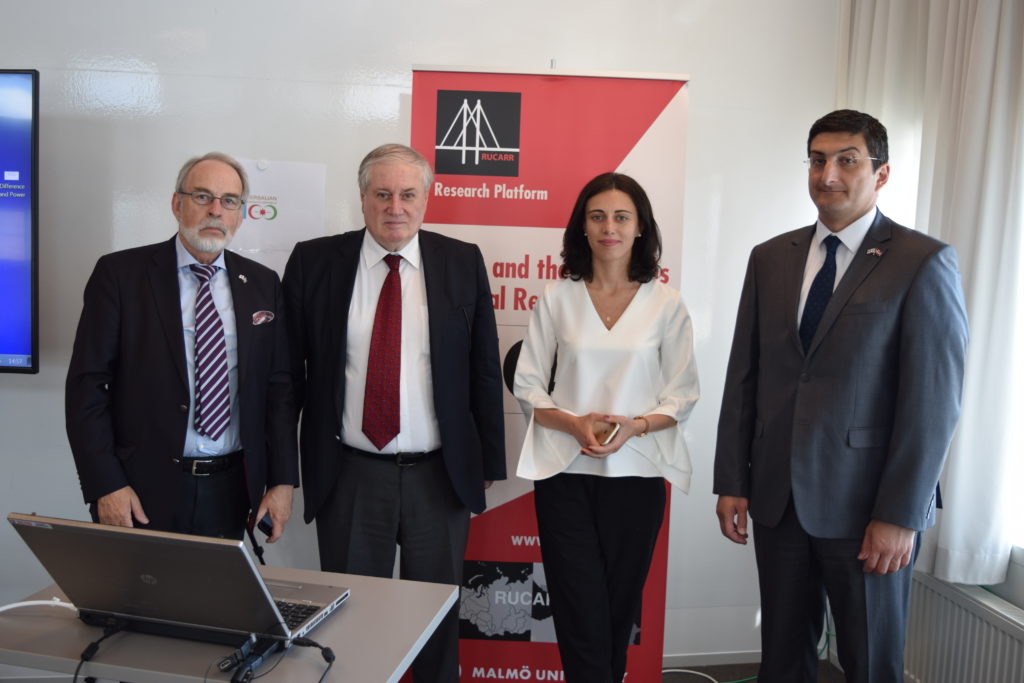
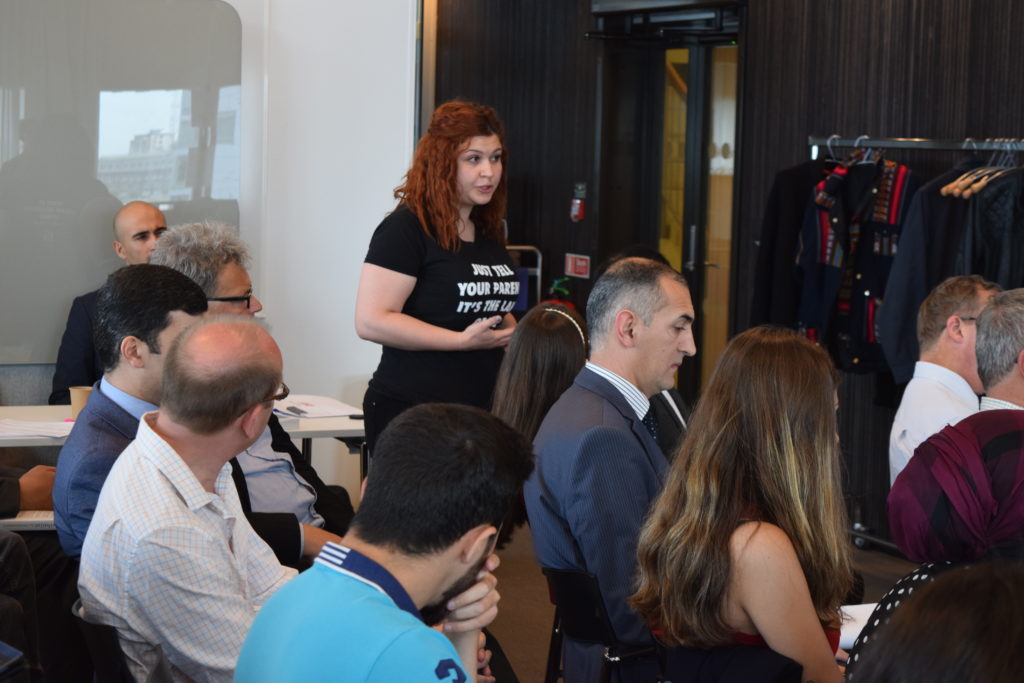
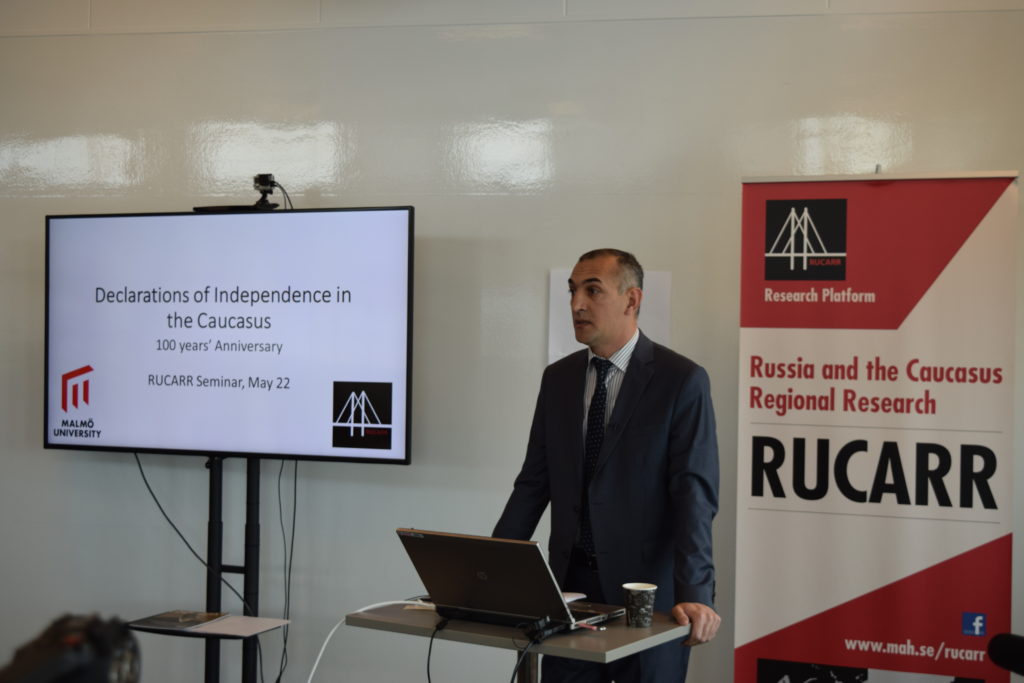
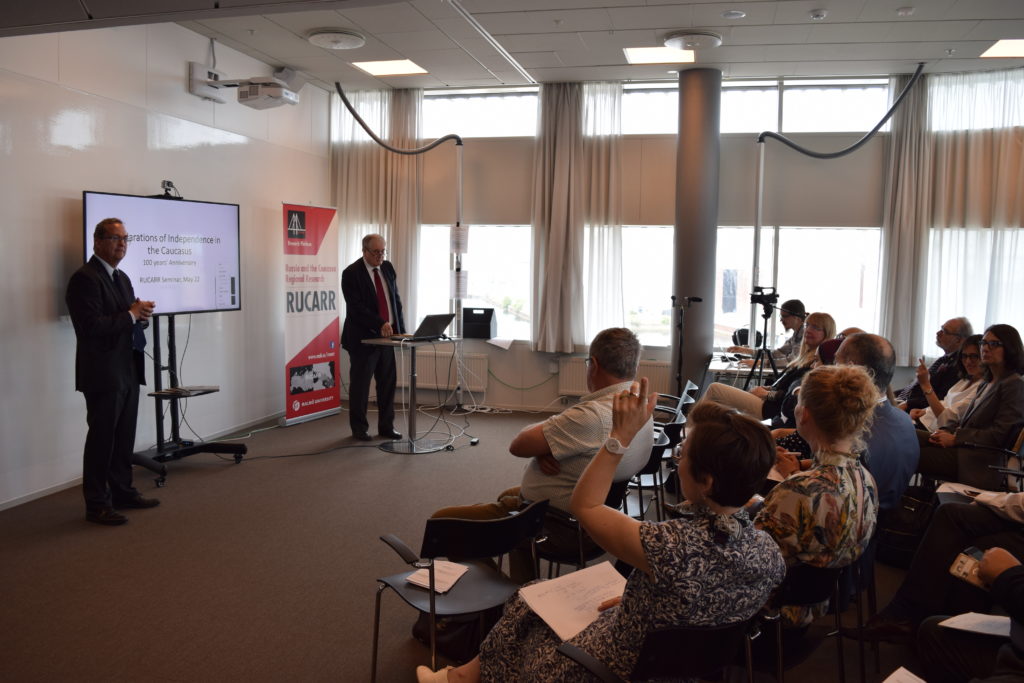
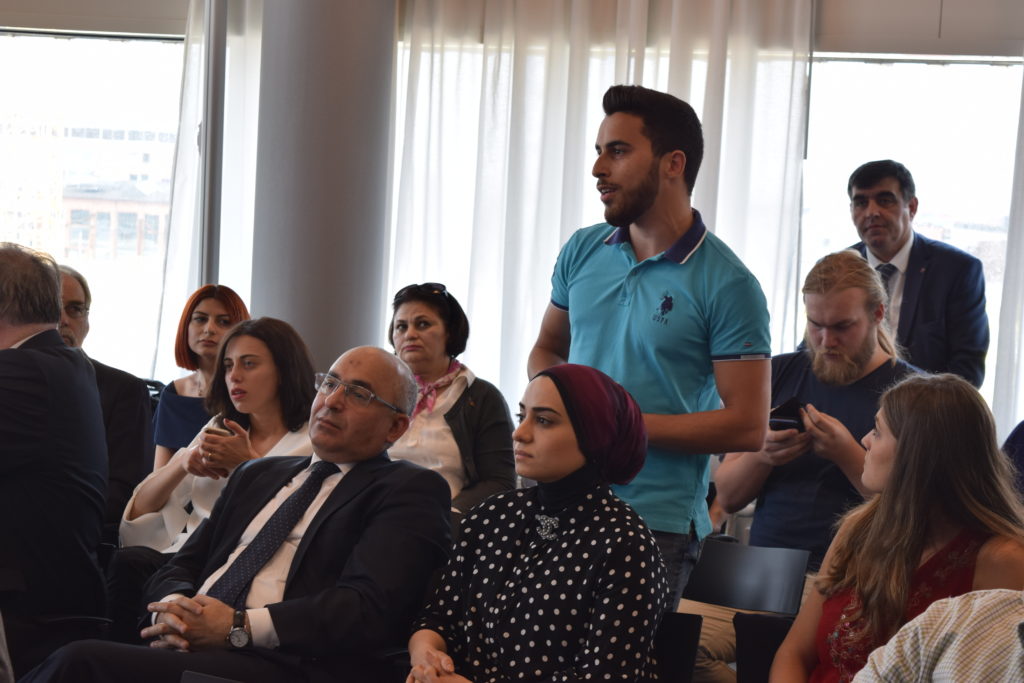
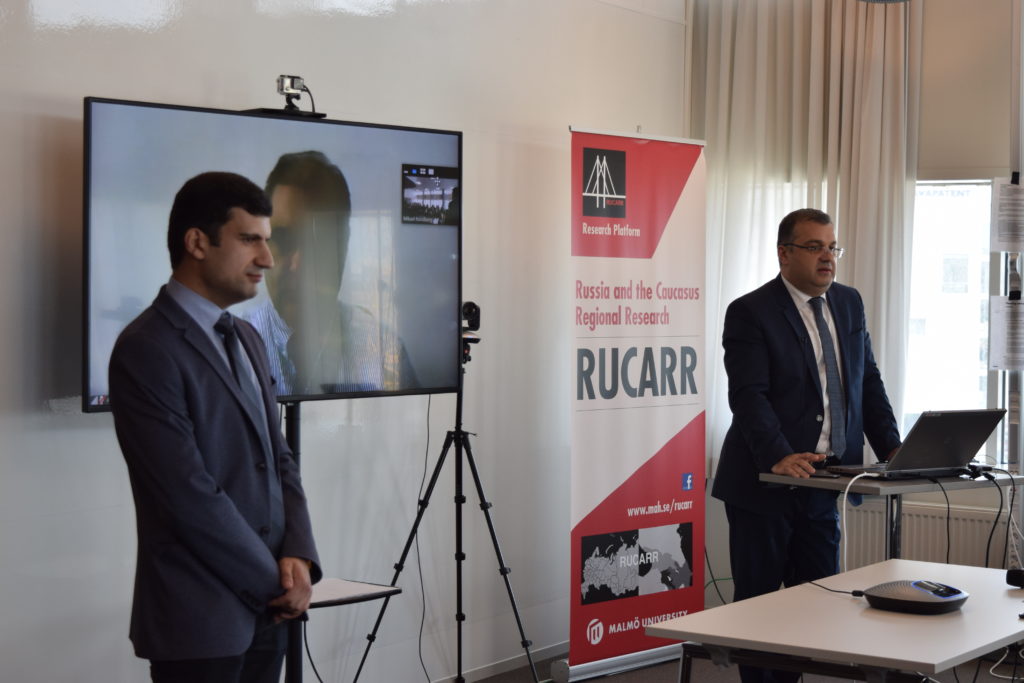
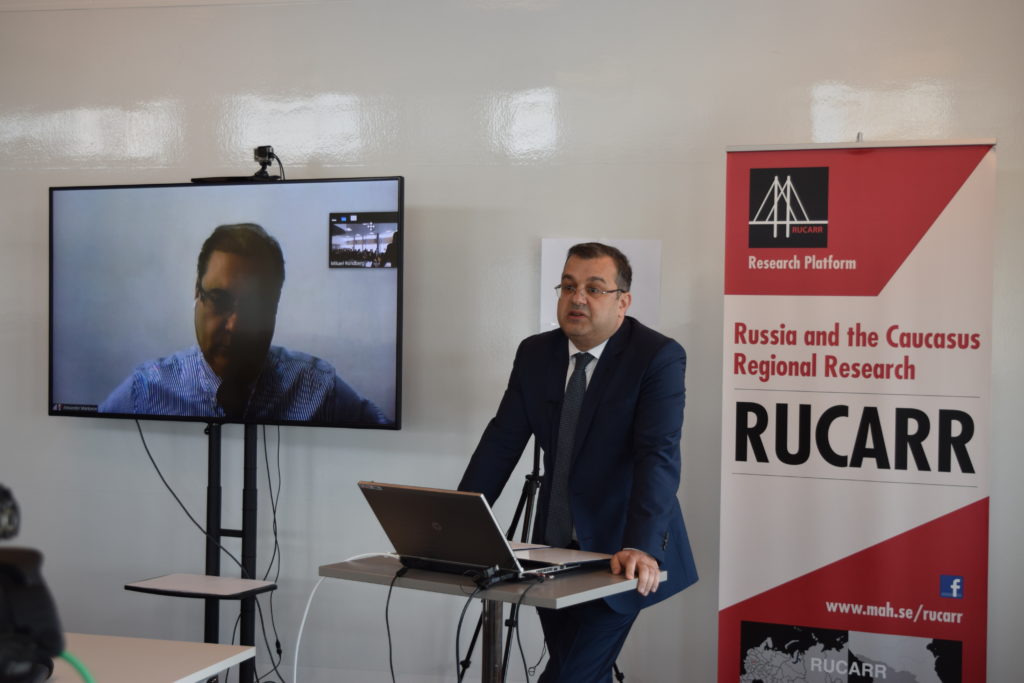
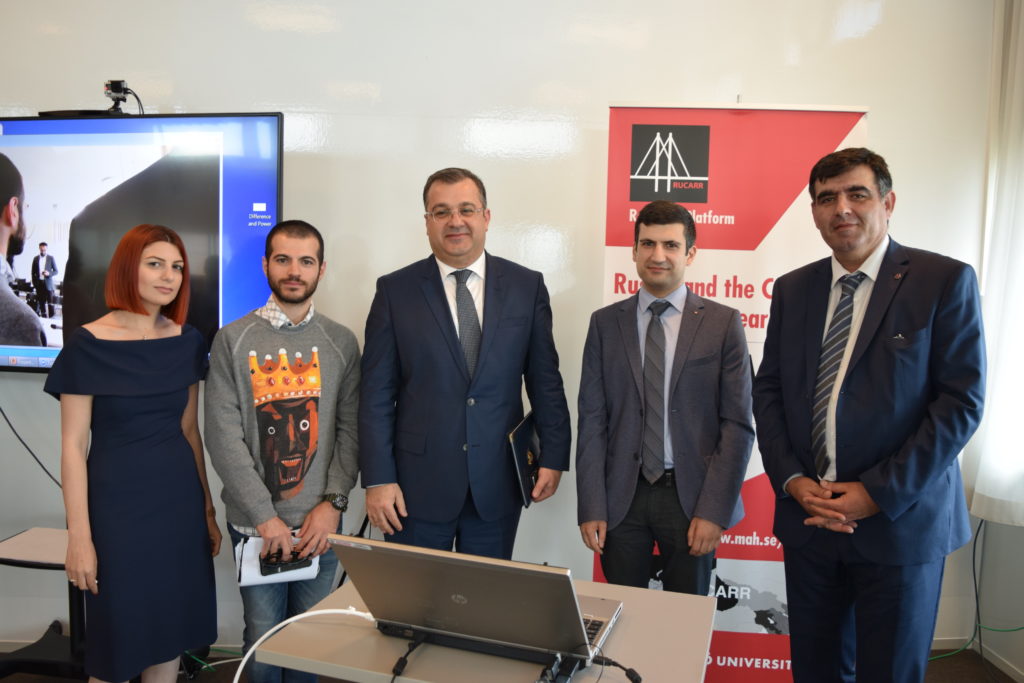

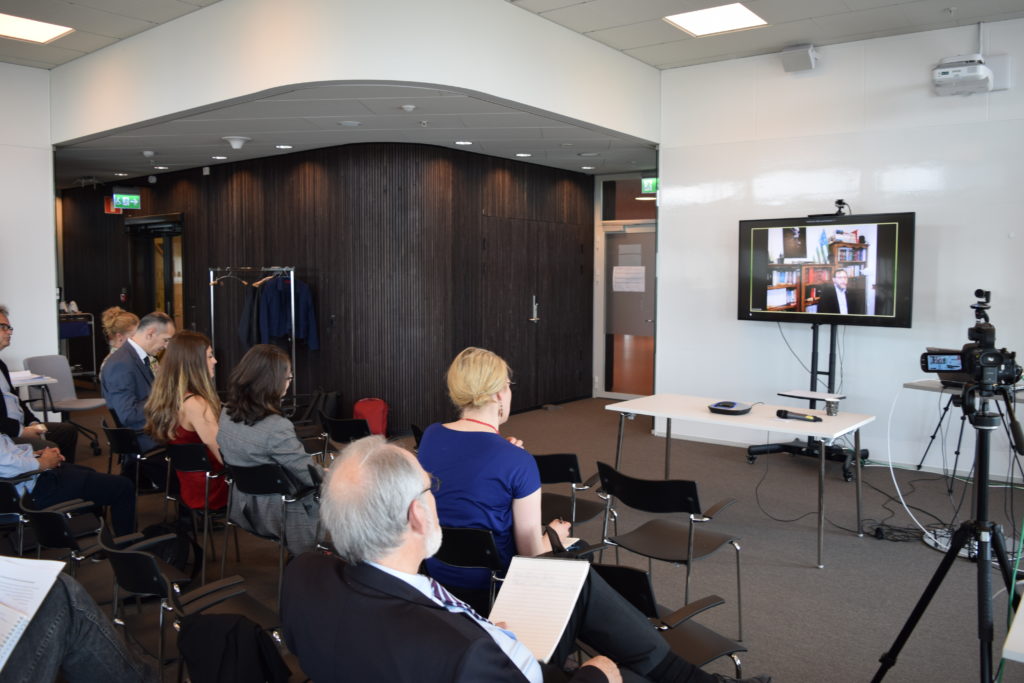
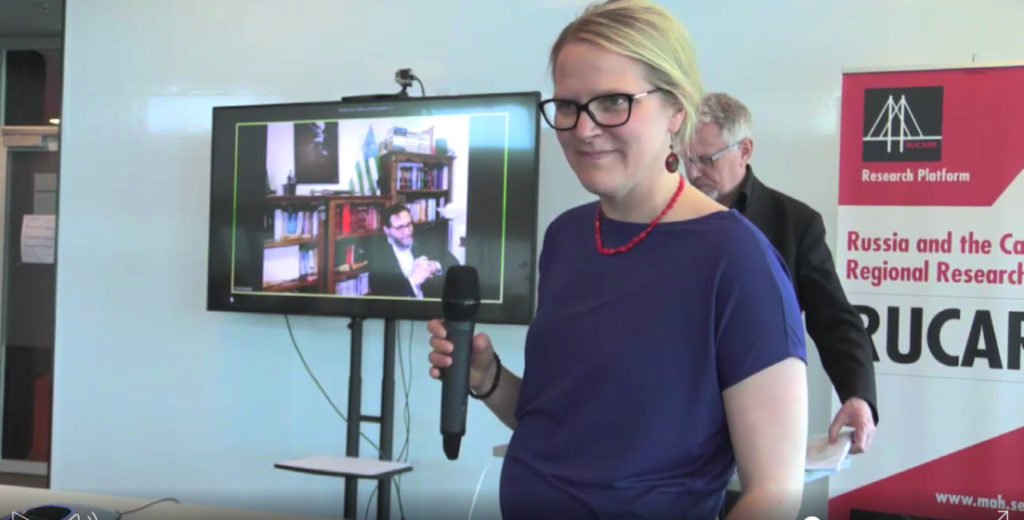

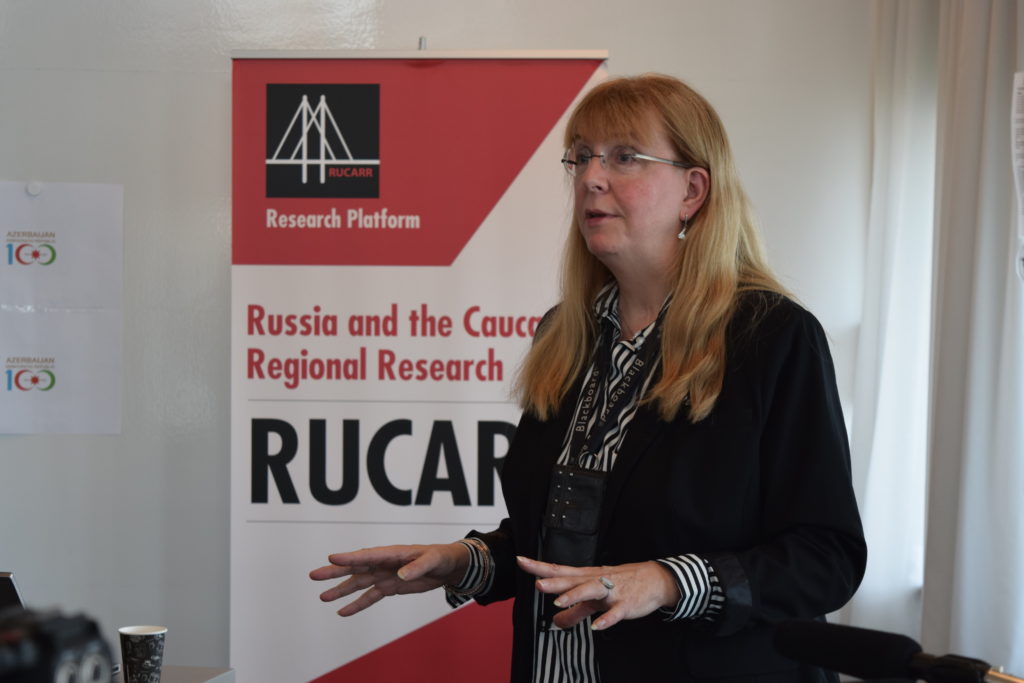
 Dr. Minna Lundgren, Mid Sweden University, Department of Social Sciences, TEMAG: Abkhazia: Migration Memories and Contested Belongings.
Dr. Minna Lundgren, Mid Sweden University, Department of Social Sciences, TEMAG: Abkhazia: Migration Memories and Contested Belongings. Following the disintegration of the Russian Empire and the turbulent political development during the end of the First World War, several entities that had been part of the Russian Empire, declared their independence in 1918. In the Caucasus this applies to Georgia, Azerbaijan and Armenia, as well as the North Caucasian Mountain Republic.
Following the disintegration of the Russian Empire and the turbulent political development during the end of the First World War, several entities that had been part of the Russian Empire, declared their independence in 1918. In the Caucasus this applies to Georgia, Azerbaijan and Armenia, as well as the North Caucasian Mountain Republic.